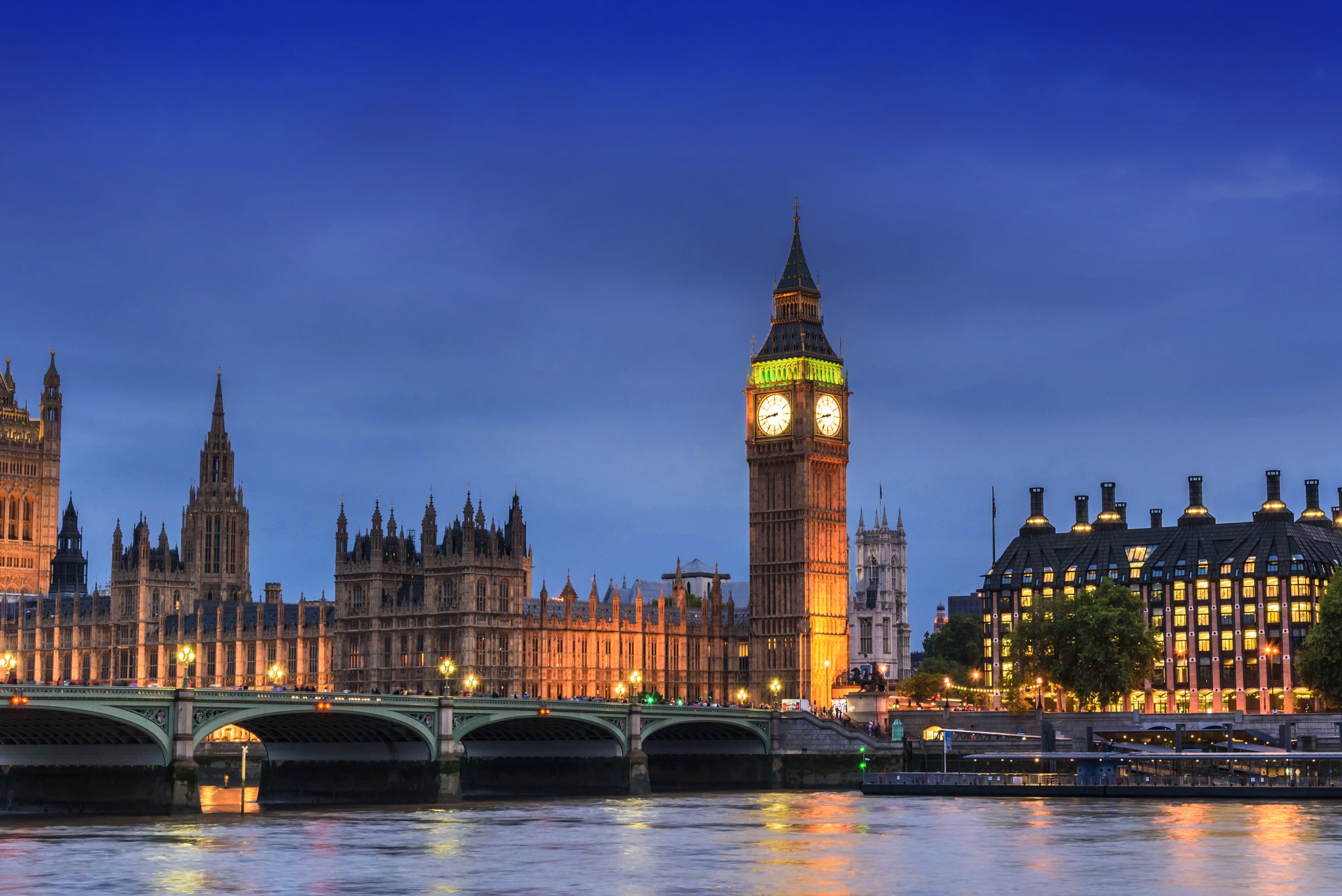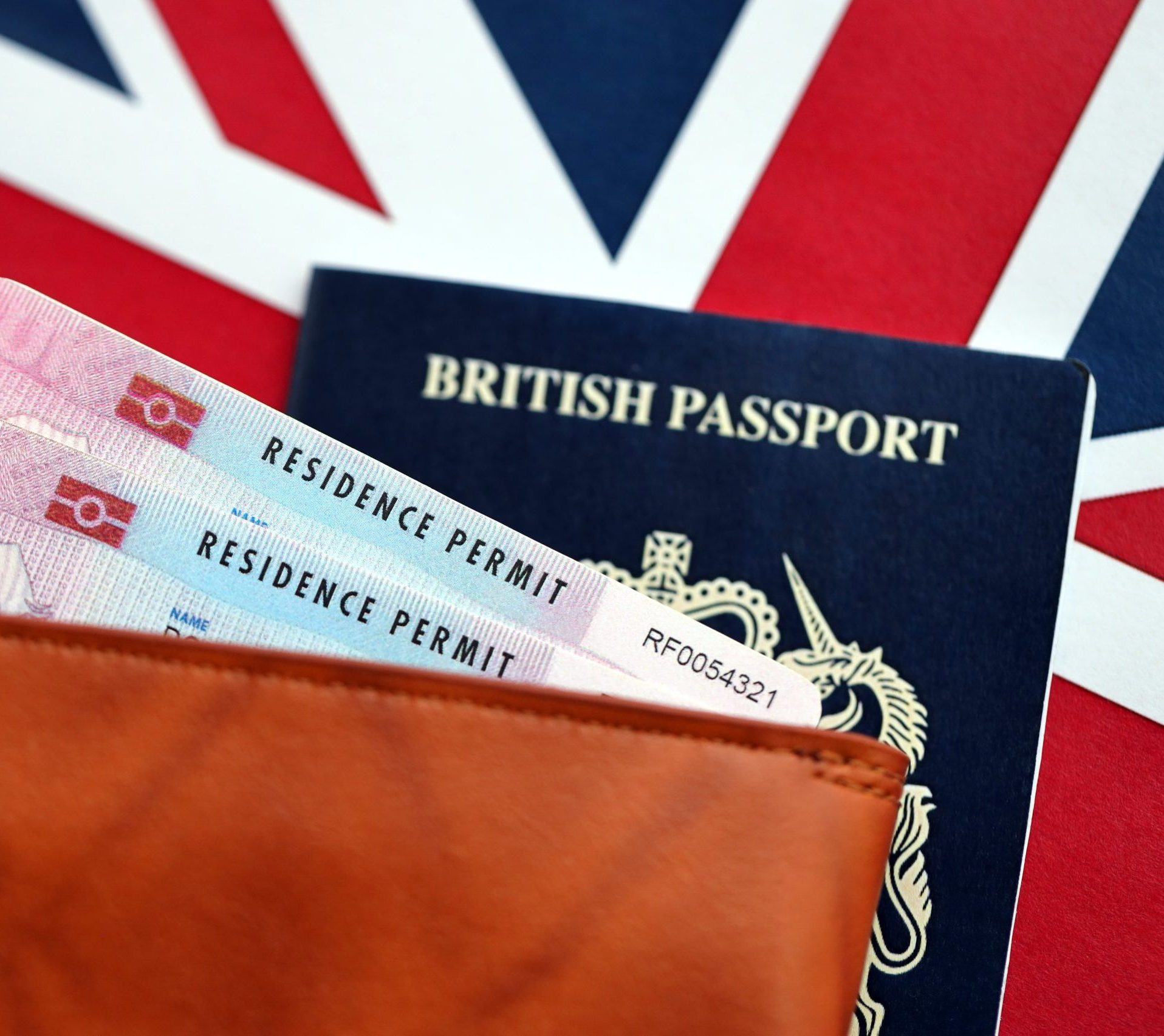Labour’s Proposed Changes to Indefinite Leave to Remain (ILR)
Written by: Caroline Echwald

What is ILR?
Indefinite Leave to Remain (ILR) is a form of permanent immigration status in the UK. It allows someone to live, work and study in the UK without time restrictions, and it is often the last step before applying for British citizenship. Many migrants work towards ILR after years of living in the UK under various visa categories.
Why are we talking about ILR now?
Immigration has been a major theme in UK politics for years. The 2025 White Paper: Restoring Control over the Immigration System outlines the Government’s intention to make major changes to the immigration system, including making permanent settlement more challenging to obtain.
At the Labour Party Conference, the home secretary announced details of these reforms in relation to ILR and a broader review of how immigration routes contribute to the labour market and long-term integration.
This comes at a time when immigration law is under increased scrutiny. Businesses, workers and families are all watching closely to see how reforms will impact them and their futures in the UK.
What are the current ILR rules?
At present, ILR can usually be obtained after a qualifying period of continuous lawful residence in the UK (often five years, in some cases ten, in specified rare cases less than five years). Applicants must:
- Show they meet the residence requirement.
- Demonstrate sufficient knowledge of English and complete the Life in the UK test.
- Not have breached immigration rules or have serious criminal convictions.
The exact route and requirements depend on the type of visa held.
What changes have been proposed?
The White paper and conference announcement, suggest a shift to stricter requirements with evaluations of the applicants’ contributions to the UK.
- The rules for ILR would be tightened by extending the qualifying period from five years to ten years with some migrants maintaining the shorter time frame depending on their contributions to the UK.
- Some migrants will never qualify for ILR, relying instead on limited (temporary) leave for as long as they remain in the UK. Even if they wish to live here permanently, their visa status will never reflect this, forcing them to renew every few years and live with the ongoing risk of refusal.
- Proof of employment, tax and National Insurance contributions, and “giving back” through community or voluntary work would be required.
- Stricter English language standards.
- Tighter good character requirements, including a “spotless” criminal record.
- Restrictions on benefits use which would exclude some applicants dependent on certain public funds.
Concerns about the proposal
While the government has stopped short of Reforms suggestion of completely removing ILR, including for those already holding ILR, the change signals a shift towards an attitude of migrants having to “earn” their right to stay in the UK.
Critics warn that extending the ILR qualifying period could create uncertainty for workers and families. Longer routes mean higher visa renewal costs, additional NHS surcharges, and more administrative hurdles before gaining security of status.
There are also concerns about fairness. For example, migrants already on a five-year ILR route may question whether transitional arrangements will protect them, or whether they will suddenly face new requirements partway through their journey. In addition, some may not be able to prove contributions to the UK to the level required in future or be required to make contributions that British citizens do not or are unwilling to make themselves. Businesses, too, may be affected if staff cannot secure settlement as quickly, leading to workforce instability.
Is it changing now?
No. These proposals are not yet law. At this stage, they represent government policy intentions, and any changes would require formal consultation and legislation. As of today, the existing ILR rules remain in place.
I already have ILR / I am on a route to ILR, what does this mean for me?
- If you already hold ILR: Your status is secure. Proposed changes will not affect you. If you are concerned for your status in future, you can consider applying for British Citizenship if you are eligible and if it does not negatively impact your existing nationality. Read more about the differences between IRL and Citizenship.
- If you are currently on a route to ILR: For now, you continue under the existing rules. Keep records of your residence, ensure visa renewals are filed on time, and prepare for your ILR application as soon as you are eligible.
- Planning ahead: It is essential to keep an eye on official updates, especially if you are at the start of your route to settlement. You may also want to keep track of your work and National Insurance records for future applications.
Final thoughts
ILR is one of the most important milestones in the UK immigration journey. While Labour’s proposals may signal longer waiting times for some, nothing has yet changed in law. For individuals and employers alike, the key is to stay informed and seek professional legal advice to understand how future changes could impact your circumstances.
Unsure about the next steps in your UK immigration journey?
If you have an immigration query, our team of expert lawyers can help guide you through this complex and changing area of law. Get in touch with a Seraphus lawyer via the contact form below.

-

Immigration system changes announced 14 October 2025
Written by: Christopher Desira
What are the immigration changes? On 14 October 2025, the UK Government presented major changes to the UK Immigration Rules to Parliament. These changes affect students, workers, visitors, and families and will come into effect on different dates. Most of the announced changes point to making it harder for people come to the UK and […]Read article -

What is the new UK-France migrant deal? The “one-in- one-out” pilot scheme
Written by: Caroline Echwald
A new pilot scheme between the UK and France came into force this week, that will have a significant impact on people arriving in the UK to seek asylum. Under this new agreement, known as the “one-in-one-out” deal, some people who cross the Channel in small boats will now be sent back to France, without […]Read article -

Indefinite Leave to Remain vs British citizenship: which is the better choice for long-term UK residents
Written by: Christopher Desira
For many long-term residents the choice between indefinite leave to remain (also known as ‘ILR’ or ‘settlement’) and British citizenship is crucial. At Seraphus, we understand the uncertainties of immigration statuses. This guide explains the differences, highlights the benefits and limitations of each, and offers practical information to help you make an informed decision about […]Read article
